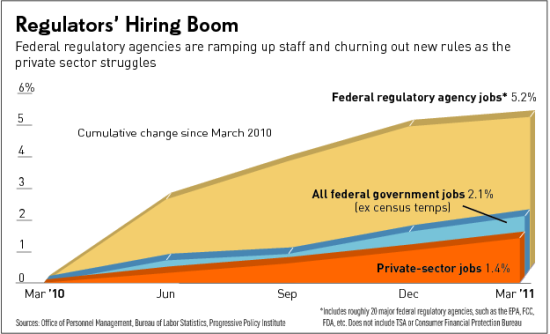New poll shows Republican leading in New York special congressional election
Oh my! Another poll shows the Republican leading in the New York special congressional election, now by an increased margin.
Also, the Democrat candidate admits he doesn’t even live in the district.
Oh my! Another poll shows the Republican leading in the New York special congressional election, now by an increased margin.
Also, the Democrat candidate admits he doesn’t even live in the district.

